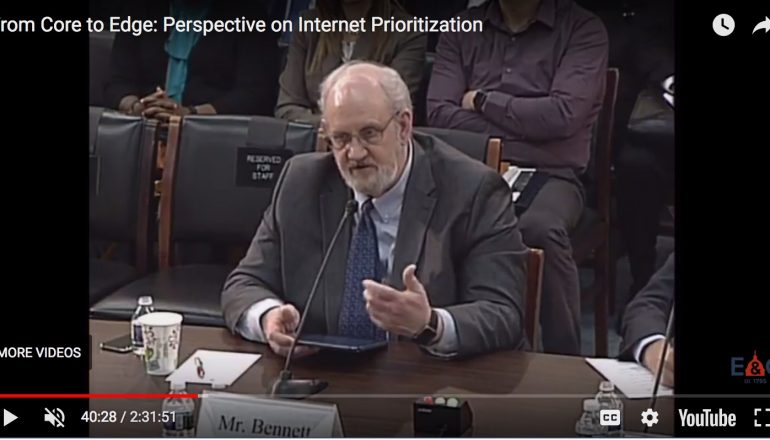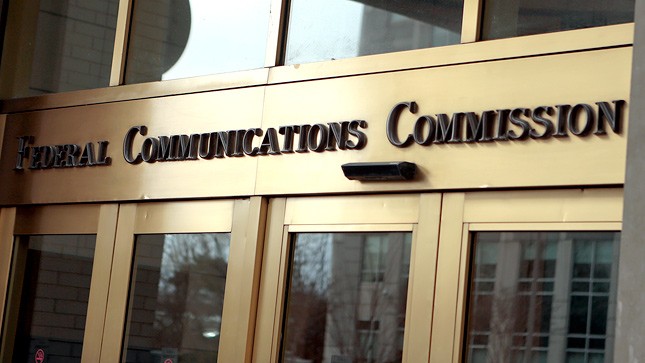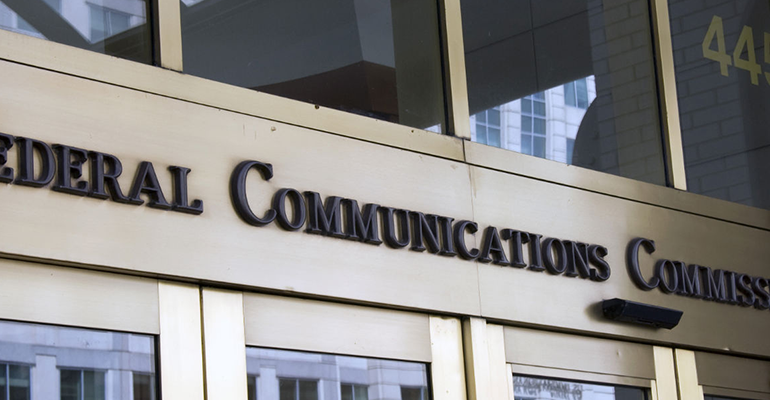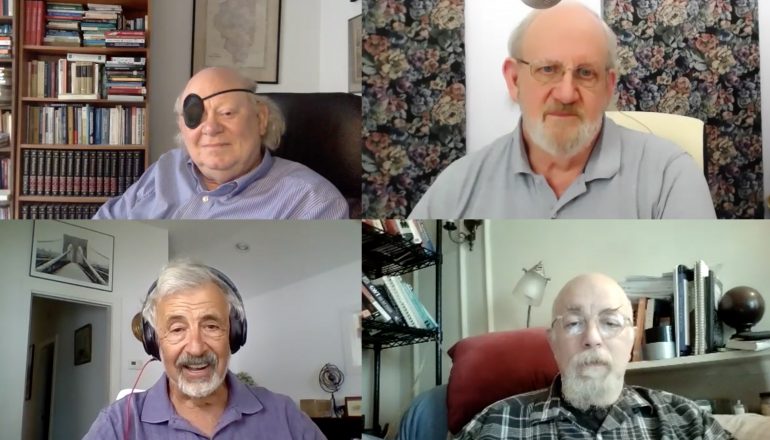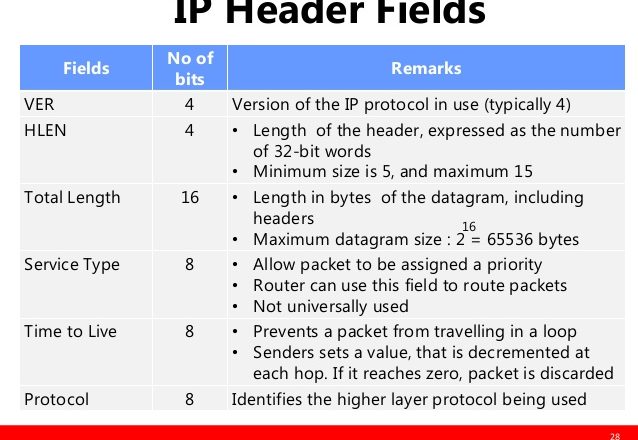Regulatory Balance Across Platforms
Perhaps the best path to correction of our regulatory schizophrenia begins with the Alternative Infrastructure. It has some properties of ISPs and some of the Internet-Based Services.
From the Core to the Edge: Perspective on Internet Prioritization
The Internet is not simply a sandbox for network research any more, it has become the primary means of electronic communication around the world. Before long, it will be the only such means and we will all be better for it. Please allow firms that depend on networking to invest efficiently so as to maximize their incentives to innovate.
Cloudflare’s 1.1.1.1 DNS Does Nothing for Privacy
Cloudflare’s 1.1.1.1 DNS service provides a very modest performance for web browsing – about 1/100th of a percent – and no meaningful improvement in privacy. Heh, that’s great!
Trouble in Fibertown
When faced with the need to either stagnate or grow, Novell chose the status quo path. Let’s hope Orem doesn’t repeat the error with UTOPIA. It might have been a great idea in 2002, but the visions many of us had of networking in those days were blind to the progress that was possible for wireless. That was a serious miscalculation.
2018 Broadband Deployment Report
After flirting with some major restructuring in the way broadband progress is assessed in the US, Chairman Pai has released a fact sheet that maintains the analytical status quo with…
Community Broadband is Cheaper – and Slower
A recent study by the Berkman Klein Center shows that publicly-funded broadband networks are cheaper – but slower – than those built with private capital. On average, consumers who buy broadband service from a government provider pay $10 per month less than those who patronize commercial providers, but their download speeds are close to 7 Mbps slower.
The Internet After Net Neutrality
Let’s not be distracted by shiny objects any more. The Internet still has tremendous promise as well as serious problems to solve. Making it better through continuous experimentation should be the top priority.
Helping the FCC Get Broadband Right
The FCC’s annual inquiry on the state of US broadband is underway and we’re here to help. This process, mandated by federal law, seeks to discover whether advanced networks are…
Internet Pioneers Discuss Network Architecture and Regulation
Internet regulation is like the Game of Thrones, a battle between parochial interests that ignores the threat of an innovation-less winter.
EFF’s Engineers Letter Avoids Key Issues About Internet Regulation
One of the more intriguing comments filed with the FCC in the “Restoring Internet Freedom” docket is a letter lambasting the FCC for failing to understand how the Internet works….




